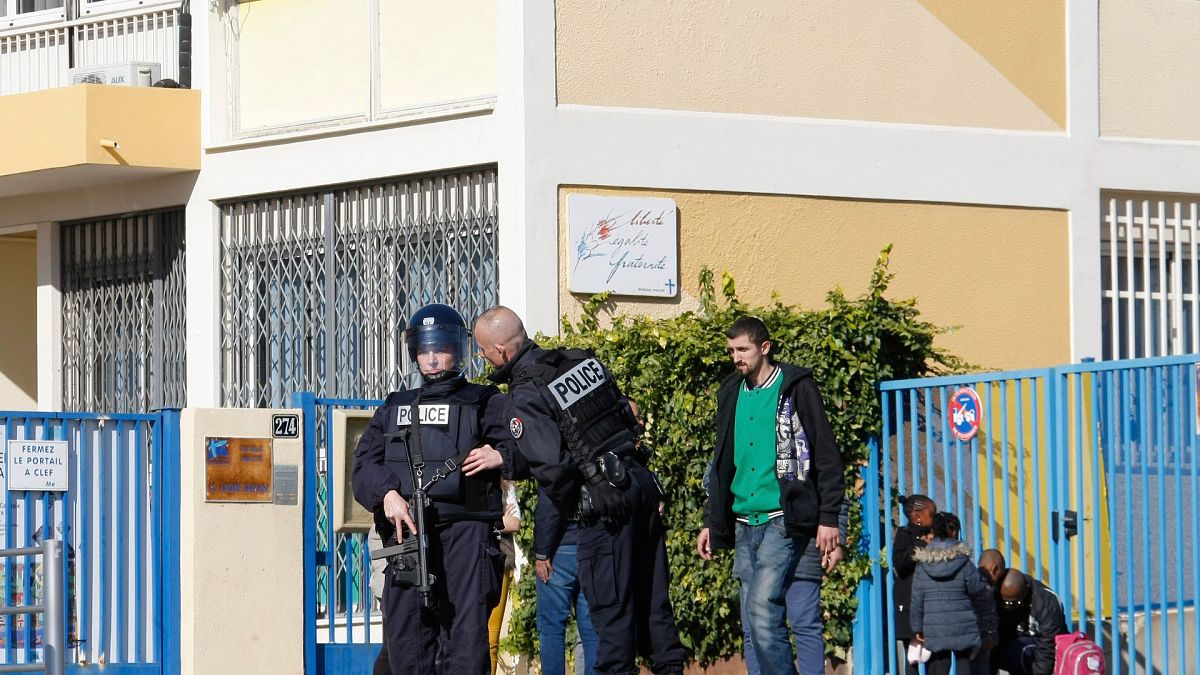

In a world bustling with events, recent reports bring a range of developments, each contributing a significant piece to the global puzzle. Understanding these happenings offers a more balanced perspective on the dynamic nature of global affairs, as we explore pressing issues from different corners of the world.
France’s anti-narcotics office, OFAST, has illuminated a concerning reality within the nation’s borders—no region is untouched by drug-related activities. The agency’s report highlights a troubling picture of last year’s events, where 367 murders or attempted murders linked to the drug trade occurred in 173 cities. This unveiling is a significant step in acknowledging the pervasive nature of drug issues and accentuates the importance of comprehensive strategies to combat this challenge effectively.
Shifting focus from Europe to the United States, the Smithsonian Institution finds itself amidst a controversy regarding historical accuracy and representation. Recent criticisms have arisen around perceived attempts to sideline history concerning past impeachments of US presidents. The Smithsonian, however, has clarified its position by reassuring the public that an updated display encompassing all such historical events will soon be in place. This development emphasizes the ongoing dialogue between cultural institutions and the societal need for historical preservation and transparency.
Turning our attention to the Gulf of Aden, a humanitarian tragedy unfolds with the capsizing of a boat off the coast of Yemen. The United Nations migration agency reports this devastating incident resulted in at least 76 casualties and 74 individuals still missing, with only 32 survivors accounted for. Migrants seeking refuge often embark on perilous journeys, risking their lives for a chance at a safer existence, highlighting the urgent need for comprehensive global strategies to address the root causes of migration crises.
In Nigeria, the perennial challenge of banditry and kidnappings continues to impact communities. Recent reports indicate more than 50 individuals have been abducted in Zamfara state, marking a shift from land conflicts to organized crime. Local and international efforts are imperative in addressing such crimes, reinforcing and restoring peace and stability within affected regions.
Further global concerns arise with the tragic tale of Agnes Wanjiru, a Kenyan woman whose murder over a decade ago by alleged British soldiers remains unresolved. Her family expresses frustration, feeling promised resolutions were politically motivated rather than sincere efforts towards justice. This case underscores the complexities inherent in international legal proceedings and the often painstaking pursuit of justice for victims and their families.
In Chile, the El Teniente copper mine tragedy serves as a solemn reminder of the inherent risks in mining operations. Following a seismic event, a partial collapse has resulted in at least one fatality with efforts ongoing to rescue remaining trapped miners. This incident highlights the continual need for stringent safety measures and swift response capabilities to protect those working in such high-risk environments.
Lastly, a curious and concerning incident from New Zealand brings to light issues of child welfare. A woman has been arrested after a toddler was discovered in a suitcase within a bus luggage compartment. The arrest follows a vigilant bus driver’s observations that led to police intervention. Such incidents spotlight the importance of community vigilance and the critical role of authorities in safeguarding vulnerable individuals.
As we navigate these events, it’s crucial to remain informed and empathetic to the circumstances faced by people across different regions. Together, acknowledging these challenges with a calm and clear perspective aids in fostering understanding and contributing to collective solutions, reinforcing hope and resilience in addressing global issues.
Source: {link}
